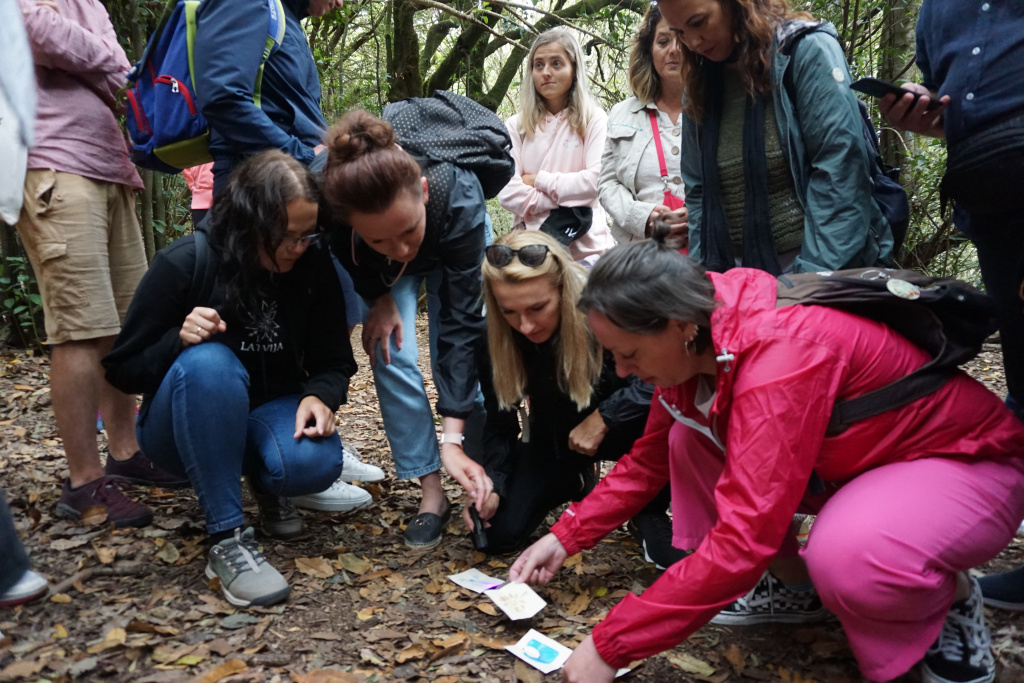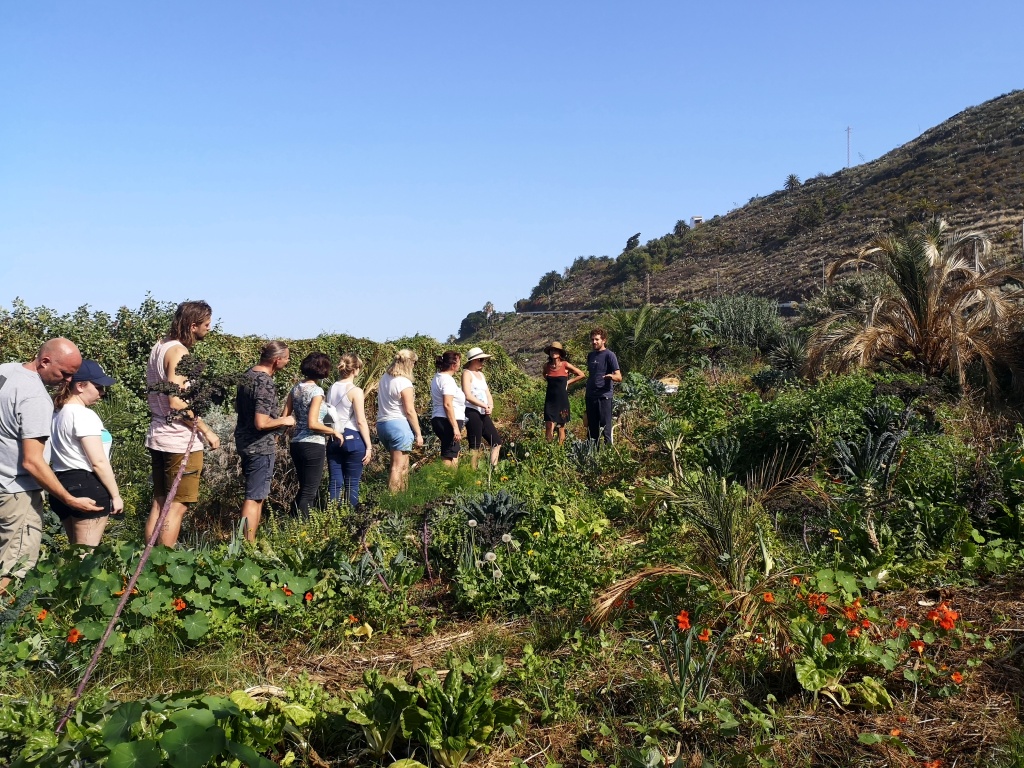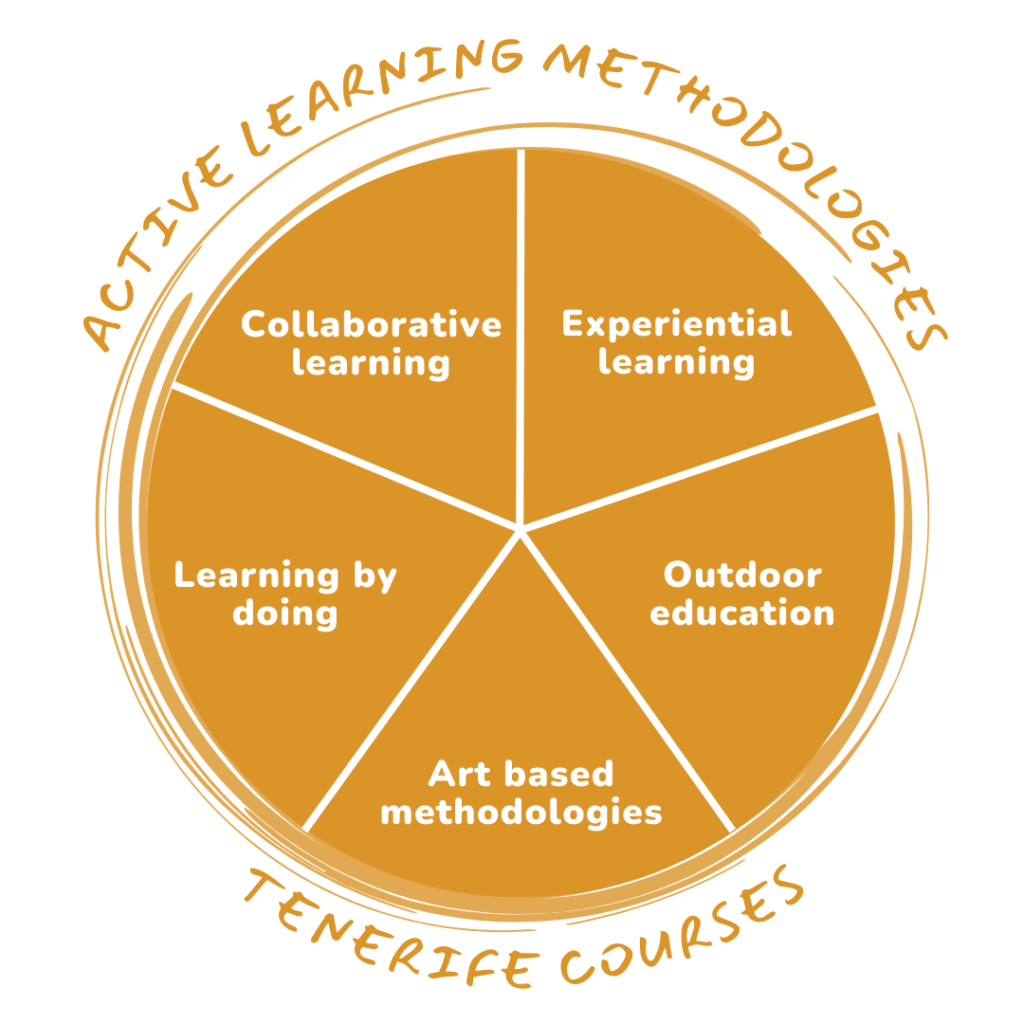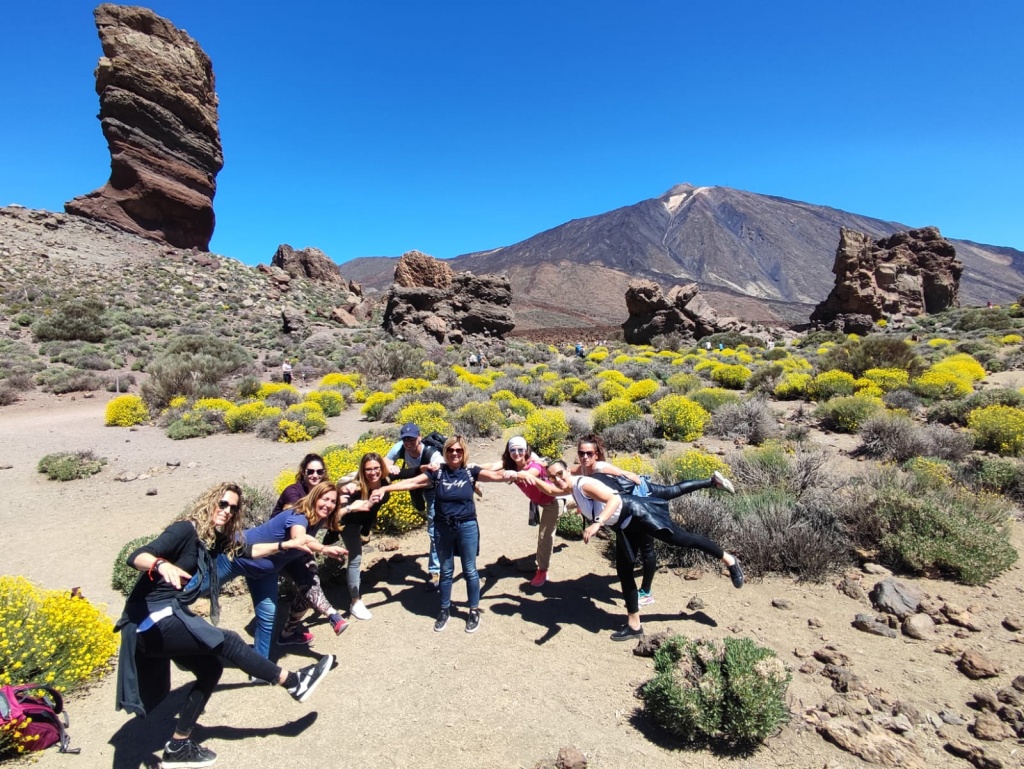Outdoor and nature-based education and experiential learning
Learning in nature, in the real world has happened ever since humans exist. The small boxes called classrooms/training rooms have been invented only few centuries ago. During the last decades, outdoor and nature-based education have become more and more popular as adult educators and teachers worldwide could see its benefits for the motivation, involvement and development of their learners.
Through group exercises and practical workshops, the participants will be able to reflect on the versatility of outdoor education and how they can adapt formal learning in outdoor settings such as parks, gardens, squares and plazas, on the street, in the forests, mountains, beach etc. For example, the participants will learn about environmental education and garden-based learning by visiting a permaculture ecological garden, that fosters reconnection with nature and ecological food.
Adult educators and teachers will reflect and experience how to teach language skills, interculturality, personal and social skills through games, drama and improvisation theater techniques in outdoor settings. Each teacher or educator will have the opportunity to reflect on how they can apply the learnt methodologies to their local settings. For example, how to organize biology or geography field trips in the school garden or nearby park, biology and maths activities in a local shop or visiting a museum etc.
The nature of this course is highly practical and hands on, so the participants will experience themselves the innovative techniques while also reflecting on how to apply them to their context.

Competences to be acquired:

Training activities:

Methodology:
Our focus is on showing the participants how the learners’ motivation increases when they become the actors of their own learning because the teacher takes the role of facilitator or learning guide.
Energizers, games and group reflections are foreseen daily in order to ensure a positive energy and a cooperative learning climate in the group.
We tailor our working methods based upon the participants‘ needs and professional profiles in order to ensure easier adaptability and application of the tools to the real life.
We will take care of you:
- Support and Emergency Helpline Whatsapp group with all participants for easy communication and interaction between each other.
- Useful pdf presentation with the most important information about food, transportation and places to visit in Tenerife.
- Free afternoons to explore beauty of Tenerife.
- Visit to Teide National Park – optional.
- No requirements for accommodation, you can choose whatever you want (in the city where the course takes place).
After the course:
- Teaching materials in pdf to use in your classes afterwards.
- Photos for dissemination.
- The certificate of attendance and support with all documents needed.

